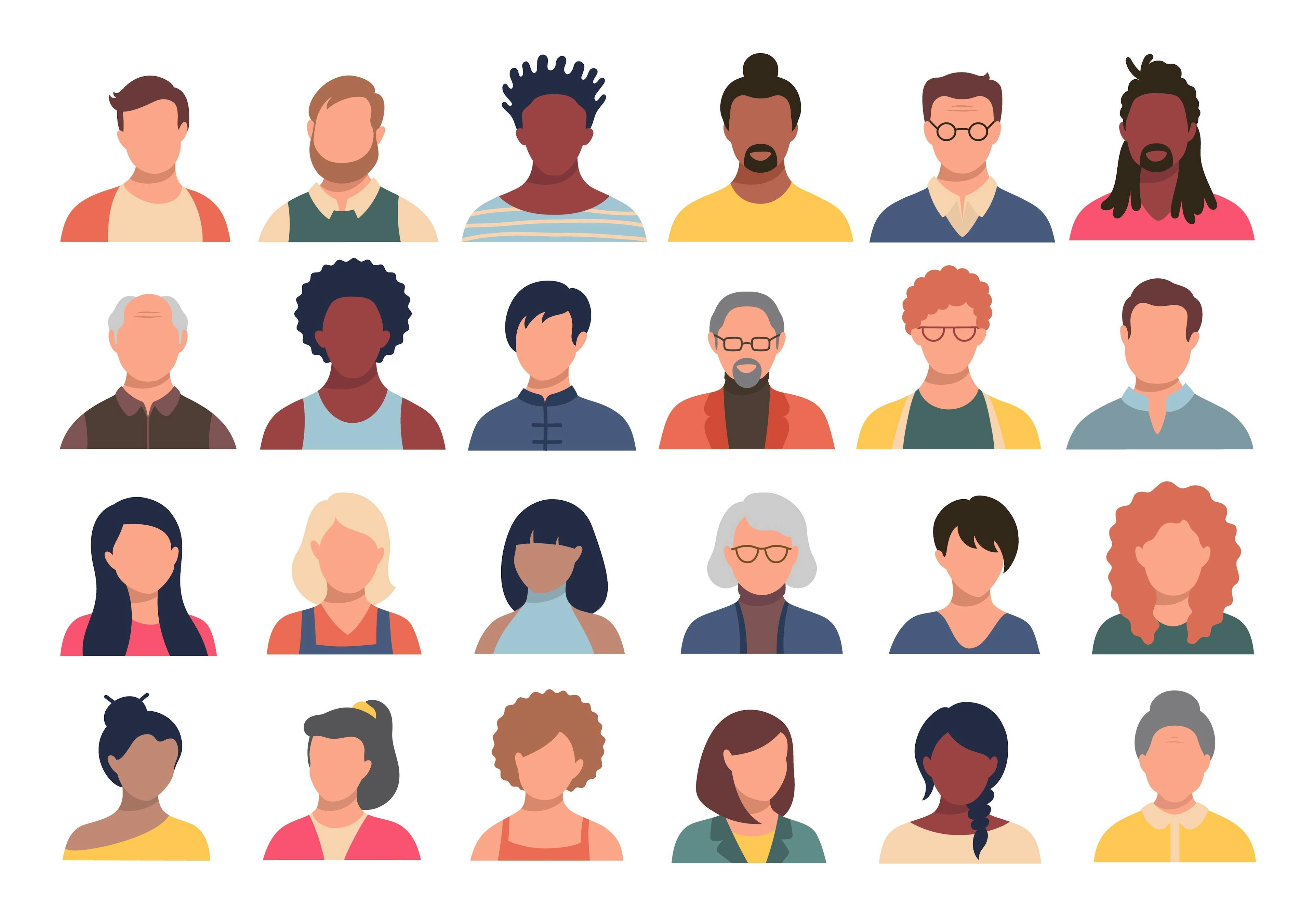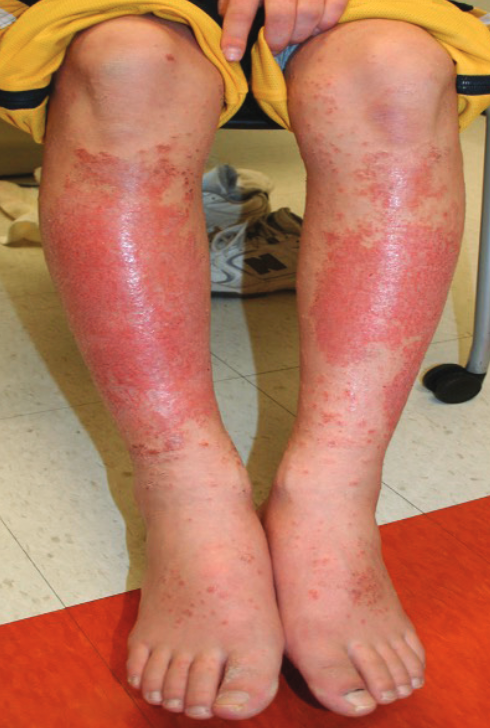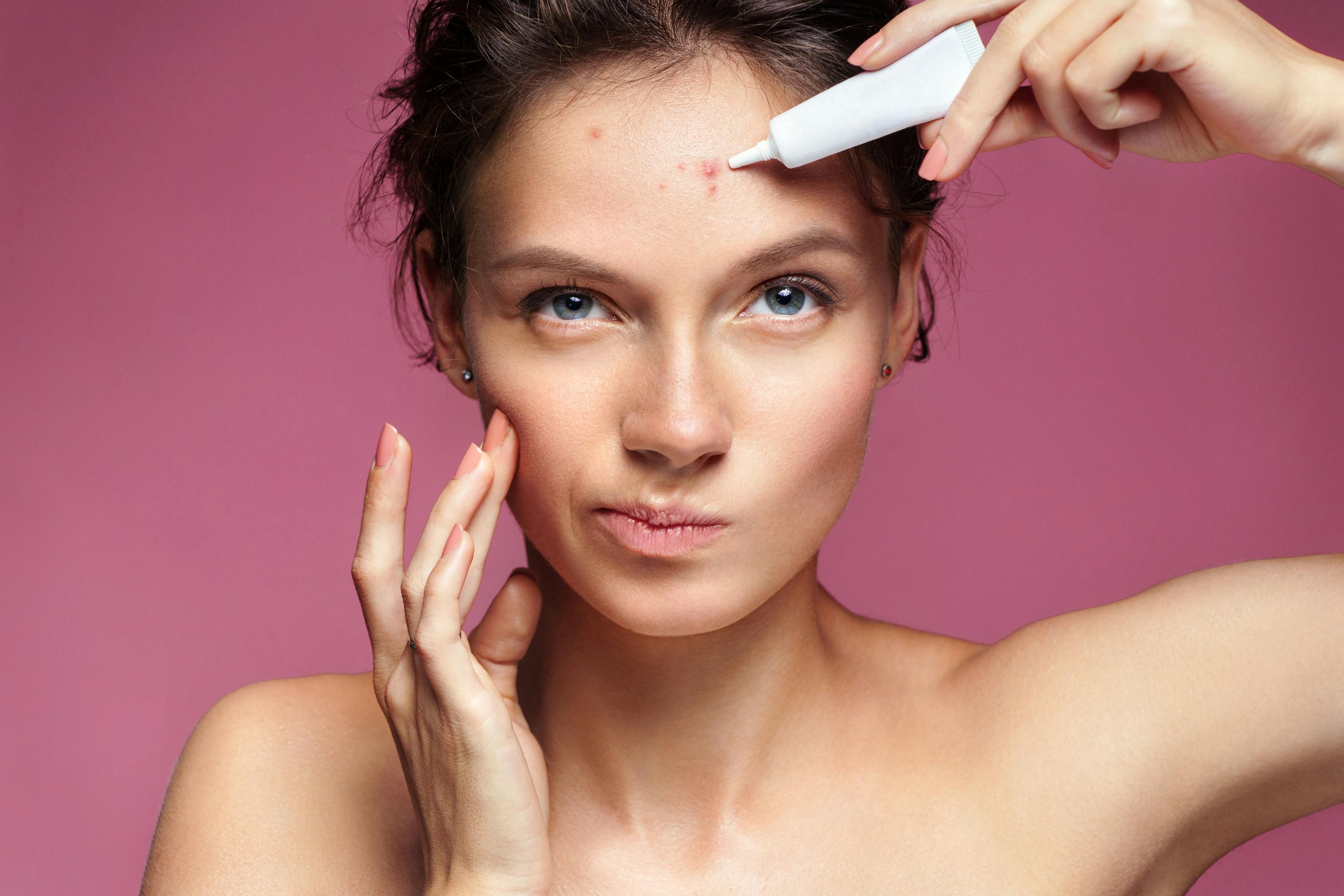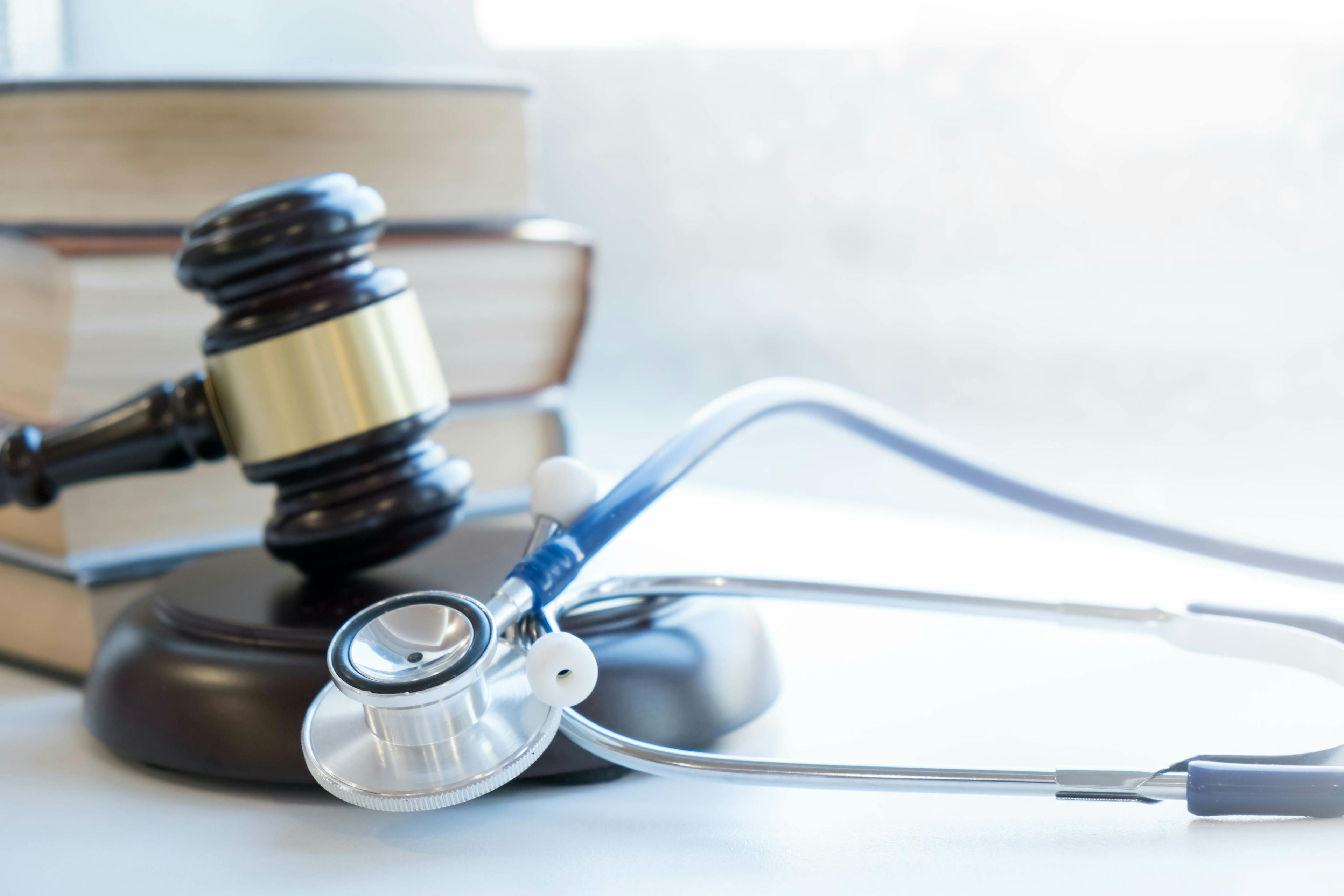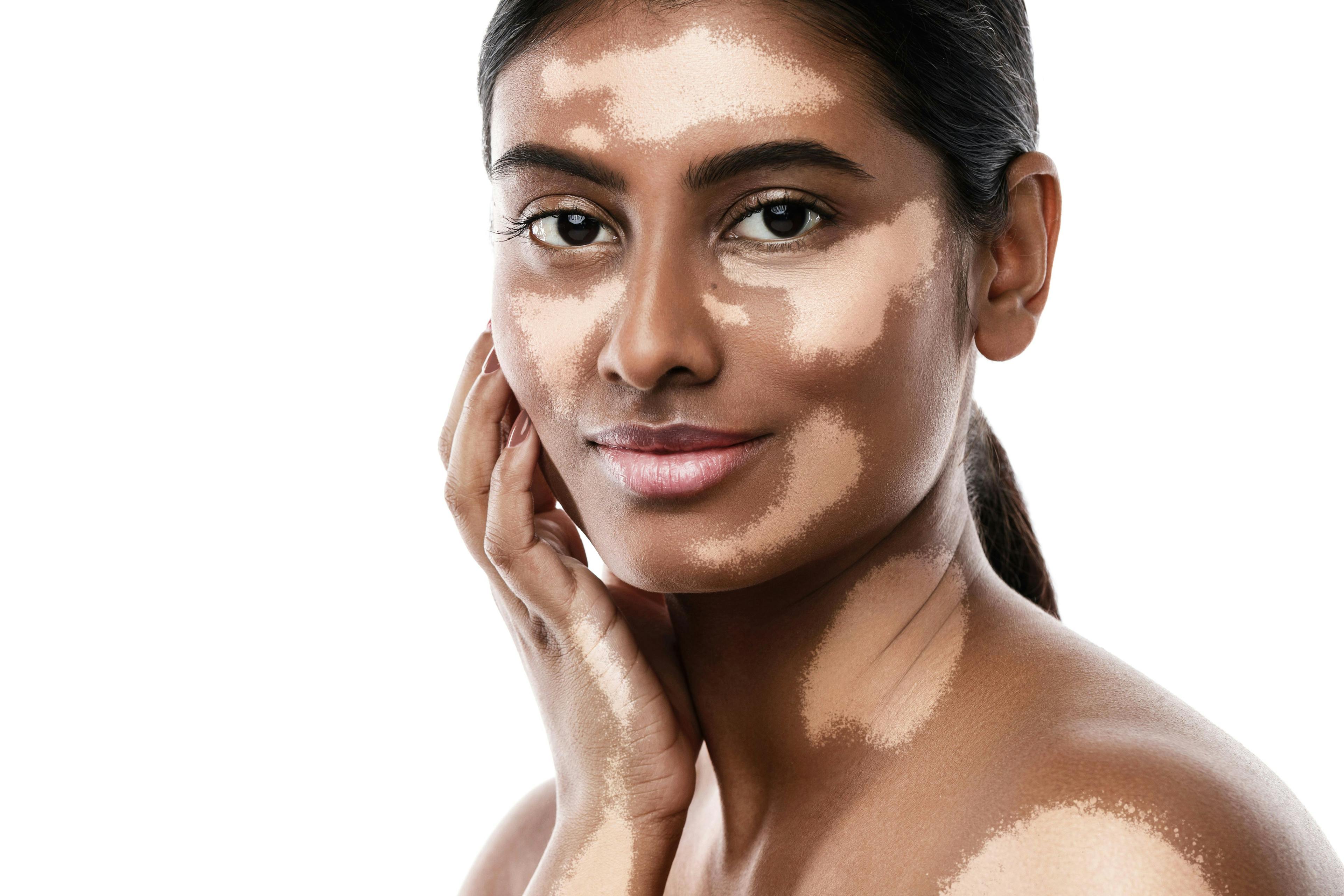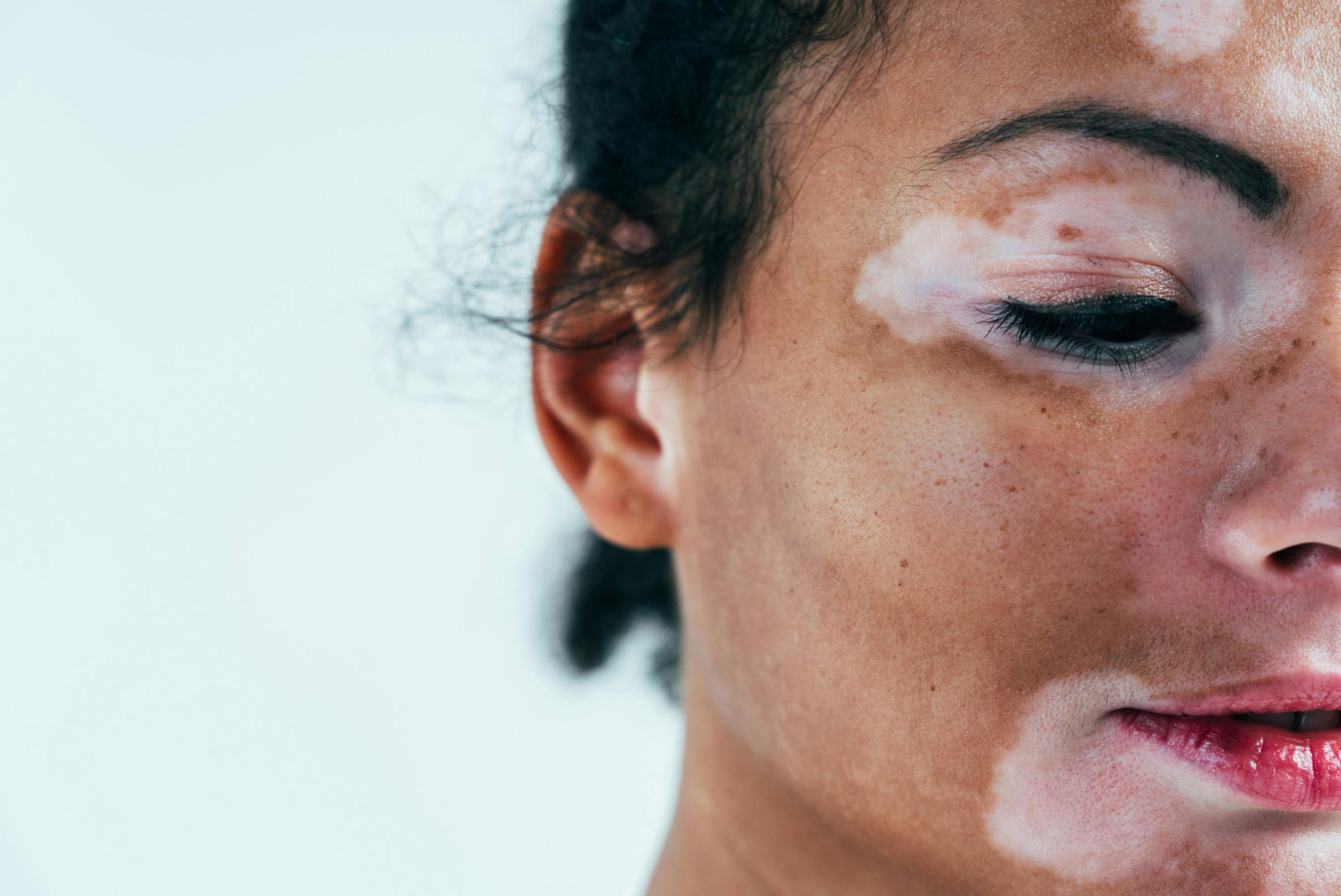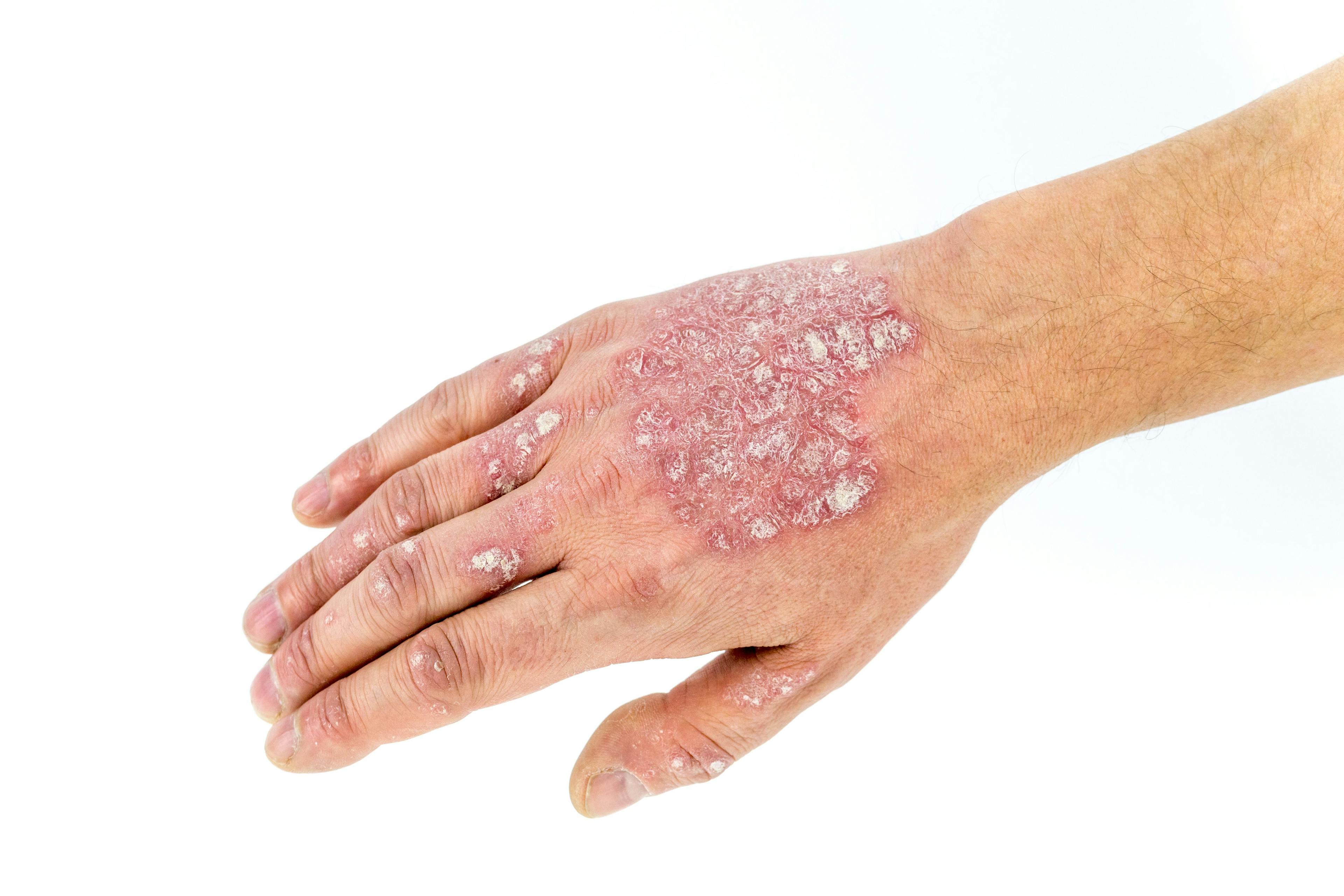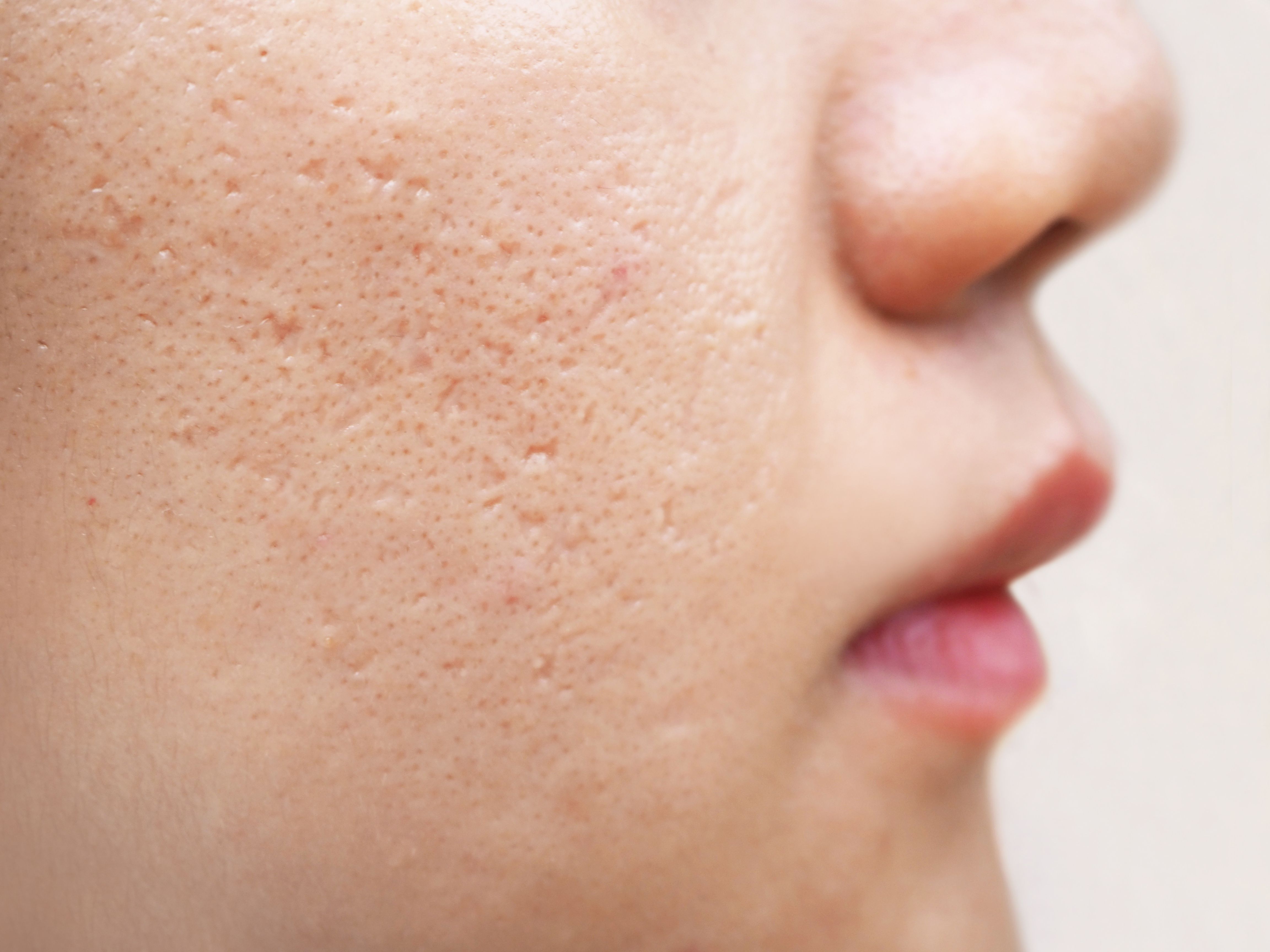- Acne
- Actinic Keratosis
- Aesthetics
- Alopecia
- Atopic Dermatitis
- Buy-and-Bill
- COVID-19
- Case-Based Roundtable
- Chronic Hand Eczema
- Drug Watch
- Eczema
- General Dermatology
- Hidradenitis Suppurativa
- Melasma
- NP and PA
- Pediatric Dermatology
- Pigmentary Disorders
- Practice Management
- Precision Medicine and Biologics
- Prurigo Nodularis
- Psoriasis
- Psoriatic Arthritis
- Rare Disease
- Rosacea
- Skin Cancer
- Vitiligo
- Wound Care
Publication
Article
Dermatology Times
Consider Mental Health Concerns in Teens With Acne
Author(s):
The effect of acne is more than skin deep.
Acne may be seen as a rite of passage in the adolescent years, affecting an estimated 85% of all teenagers at some point.1 However, newer reports suggest that the psychological effects of this inflammatory skin disorder may be underestimated and deserve more attention in treatment plans.
Multiple studies over the last several years have highlighted the impact of acne on adolescent mental health—especially since adolescence is already a time of intense transition. Self-esteem, social relationships, anxiety, and depression can all factor in to the effects of chronic acne in the teenaged years, according to researchers.1,2,3
Mohammad Jafferany, MD, a clinical professor of psychodermatology and psychiatry at Central Michigan University in Saginaw as well as a board-certified psychiatrist who co-authored a 2020 report on the psychodermatology of acne, said there are a lot of things at play when it comes to the psychological impact of acne.
Acne is the most common inflammatory condition of the skin, he stated, adding that hormones and stress in the adolescent years can increase prevalence. The fact that acne usually appears primarily on the face doesn’t help because it can be difficult to conceal or camouflage severe papules and comedones.
“They end up feeling very stigmatized,” Jafferany continued. “Their self-esteem is very, very low and very poor, and psychological conditions often develop around the same time [as acne appears].”
On top of stressing about their appearance and how acne can affect their social relationships, teenagers can also get easily frustrated by mixed messages about acne treatment, he explained.
Acne treatment should be holistic and multidisciplinary, he added, with diet, hormonal consideration, and psychological impact all considered in the overall clinical plan. Many teenagers turn to friends or social media for help in managing early acne, and then get frustrated when certain treatments fail to produce results. Without proper treatment early in the process, acne—and its psychological impact—usually gets worse, Jafferany continued. Adolescents with severe acne often stop going out with friends and interacting with others, and studies have shown that suicides rates are higher in teenagers with acne than those with clear skin.
The American Academy of Dermatology (AAD) clinical guidelines for acne treatment only briefly mention the mental impact of acne on teenagerss, or the risk of increased depression or suicidal ideation with certain treatment regimens.4
Oral isotretinoin is recommended in the AAD treatment guidelines for severe nodular acne. A number of studies in recent years have investigated the link between this popular medication and suicidality, but the strength of the association between isotretinoin use and suicide risk remains questionable. One 2020 report suggests that there doesn’t appear to be a definite risk, and that isotretinoin shouldn’t be completely avoided in teenagers with depression,5 but the American Academy of Pediatrics suggests that the medical be used “cautiously” in adolescent patients with depression, and that they be monitored during therapy by both a dermatologist and a psychiatrist.6
Jafferany agreed with this recommendation, noting that it’s not unusual for clinicians to send teenagers for a psychiatric screening prior to prescribing isotretinoin.
There are other treatment options besides isotretinoin, with the full AAD guidelines available here.
Topical treatments include:
- Benzoyl peroxide alone or with other topical treatments for mild acne
- Benzoyl peroxide plus topical retinoids or systemic antibiotics for moderate to severe acne
- Retinoids alone for primarily comedonal acne
- Retinoids plus oral or topical antimicrobials for mixed/primarily inflammatory acne
- Topical dapsone 5% gel for inflammatory acne
- Azelaic acid for post-inflammatory pigmentation problems
Hormonal treatments and antibiotics may also be considered, as well as complementary and alternative treatments that include:
- Tea tree oil
- Topical and oral ayurvedic compounds
- Oral barberry extract
- Gluconolactone solution
- Diet and nutrition counseling
There is limited evidence of benefit for physical treatment methods and therapies, although some options include things like:
- Comedo removal
- Pulsed dye laser
- Potassium titanyl phosphate laser
- Fractionated and non-fractionated infrared lasers
- Fractionated CO2 laser
- Photodynamic therapy
- Glycolic acid peels
- Salicylic acid peels
- Intralesional corticosteroid injections for larger individual acne nodules
This was originally posted by our sister publication Contemporary Pediatrics.
References
- Natsuaki MN, Yates TM. Adoelscent acne and disparities in mental health. Child Development Perspectives. 2021;15(1):37-43. doi: 10.1111/cdep.12397.
- Layton AM, Thiboutat D, Tan J. Reviewing the global burden of acne: how could we improve care to reduce the burden? BJD. 2021;184(2):219-225. doi: 10.1111/bjd.19477.
- Stamu-O’Brien C, Jafferany M, Carniciu S, Abdelmaksoud A. Psychodermatology of acne: psychological aspects and effects of acne vulgaris. JCD. 2021;20(4):1080-1083. doi: 10.1111/jocd.13765.
- Zaenglein AL, Pathy AL, Schlosser BJ, et al. Guidelines for the care and management of acne vulgaris. JAAD. 2016;74(5):945-973. doi: 10.1016/j.jaad.2015.12.037.
- Gieler U, Gieler T. Suicidal risk with isotretinoin treatment—A never-ending story. JEADV. 2020;34(6):1131-1133. doi:10.1111/jdv.16005.
- Teens and acne treatment. HealthChildren.org Updated November 27, 2013. Accessed July 1, 2022.
https://www.healthychildren.org/English/ages-stages/teen/Pages/Teens-and-Acne.aspx
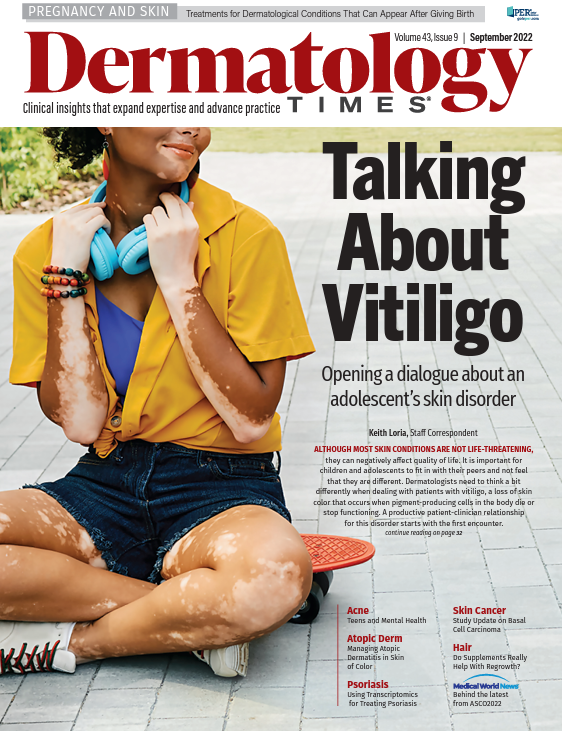
Newsletter
Like what you’re reading? Subscribe to Dermatology Times for weekly updates on therapies, innovations, and real-world practice tips.



